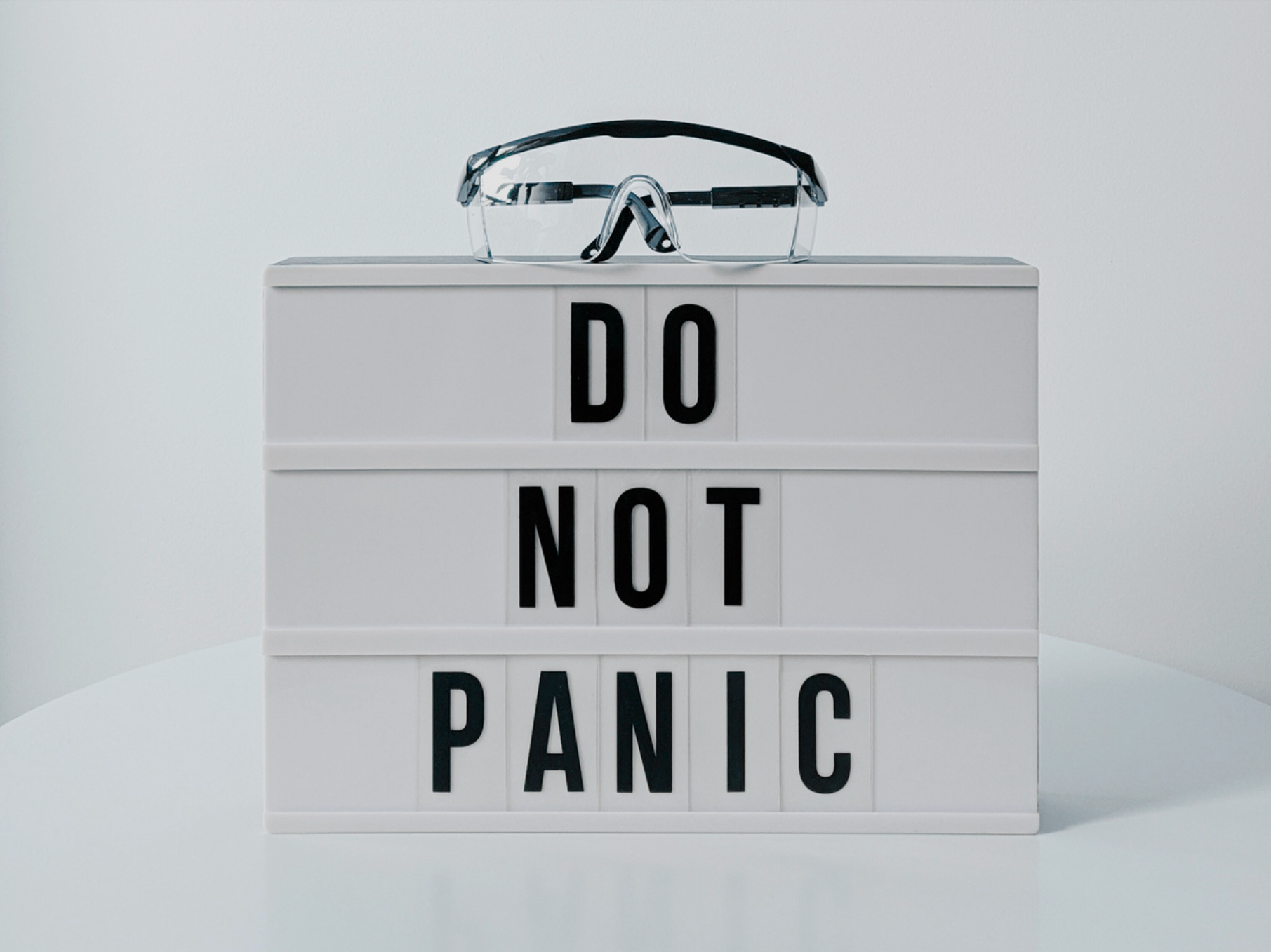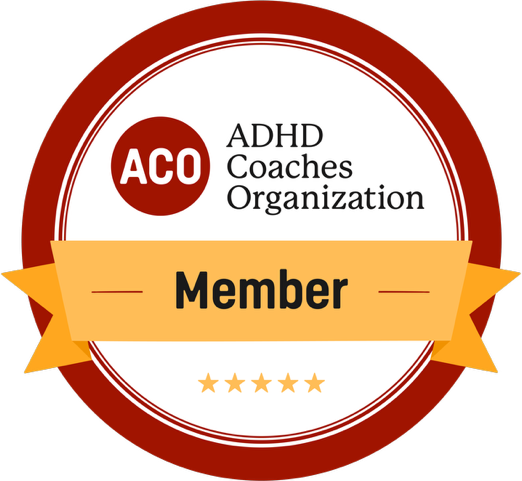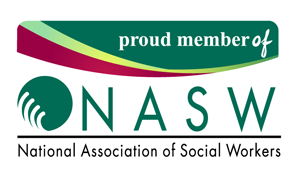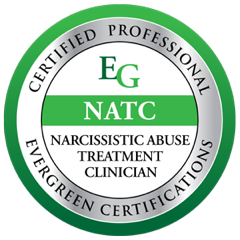The Power of Self-Awareness: Why It Matters and How to Nurture It
Self-awareness is like a superpower that lives within each of us, waiting to be tapped into. It’s the foundation of personal growth, stronger relationships, and a more fulfilling life. But what exactly is self-awareness, and why is it so important? More importantly, how can we cultivate it in our own lives? Let’s explore these questions, step by step, and discover how developing self-awareness can transform how we live, love, and grow.
Why Self-Awareness Is Key
At its core, self-awareness is the ability to understand our thoughts, emotions, and behaviors, and how they impact us and others. It’s about seeing yourself clearly—not with judgment, but with curiosity and compassion. When you truly understand yourself, you make wiser decisions, communicate more effectively, and align your actions with your values.
Think of self-awareness as a mirror. It reflects who we are, even the parts we might prefer to ignore. But it’s in accepting and understanding those parts that real growth happens. Without self-awareness, we can find ourselves stuck on autopilot, repeating patterns that don’t serve us or our goals.
Benefits of Self-Awareness
The benefits of self-awareness reach into nearly every area of life. Here are just a few ways it can make a difference:
- Better Decision-Making
When you know what truly matters to you, decisions become simpler. You’re less likely to be swayed by outside pressures or distractions. - Stronger Emotional Intelligence
Self-awareness helps you recognize your feelings in real time. This, in turn, allows you to manage emotions instead of being controlled by them. - Improved Relationships
Understanding your own needs and patterns helps you communicate better with others. It can also help you become more empathetic, allowing you to step back and see situations from someone else’s perspective. - Clearer Goals and Focus
When you understand what drives you, you can set meaningful goals that align with your core values. - Resilience and Growth
Self-aware individuals can face challenges head-on, reflecting on their struggles and using them as opportunities for personal growth.
Recognizing Our Emotions and Triggers
One of the building blocks of self-awareness is understanding your emotions and what sparks them. Sometimes, a minor inconvenience—like a critical email or a snappy comment—can cause a surprising emotional reaction. Why does that happen? These moments are often tied to deeper emotional triggers.
Start by noticing your initial reaction during these moments. Are you quick to feel frustration, fear, or even guilt? Take a pause, and ask yourself, “What’s really going on here?” Perhaps the email reminded you of past fears about underperforming, or the comment replayed a soundtrack of old insecurities.
Recognizing these triggers isn’t easy, but it’s a game changer. When you start seeing patterns, you empower yourself to make intentional choices instead of reacting impulsively. You can even reframe the experience—for example, an emotional reaction might become an opportunity to learn more about yourself.
Tools to Identify Your Triggers
- Journaling
Reflect on your day, noticing a moment where you felt a surge of emotion. Dedicate 10 minutes to writing about how you felt and potential causes. Look for recurring themes. - Pause and Reflect
When you feel overwhelmed by a reaction, try to breathe through it (I know, this is hard!). Then ask yourself, “What’s beneath this feeling?” - Feedback From Trustworthy People
Sometimes others see patterns we miss. A trusted friend or coach can offer gentle insights that help us grow.
The Positive Outcomes of Improved Self-Awareness
When you invest in increasing your self-awareness, the ripple effects are immense. Here’s what cultivating this skill can bring into your life:
- Healthier Boundaries
You learn how to safeguard your energy and prioritize what matters most, without feeling guilt or resentment. - A Better Relationship With Yourself
Instead of being your harshest critic, you become your greatest ally. Self-acceptance grows, and with it, your confidence and peace of mind. - Freedom From Old Patterns
Are there habits or beliefs you’ve outgrown but still cling to? Self-awareness helps you identify and release what no longer serves you. - Aligned, Intention-Filled Living
Once you know your values and goals, you can steer your days with purpose, making decisions that support the life you want to build.
Building Your Path to Self-Awareness
There’s no one-size-fits-all approach to self-awareness—it’s a deeply personal process. That said, here are some practical steps to get you started:
- Practice Mindfulness
Spend a few moments each day in stillness. Whether it’s through meditation, or yoga, a quiet walk, or sitting with your dog, this time can help you tune into your inner world. - Seek Honest Feedback
Cultivating self-awareness isn’t a solo journey. Invite people you trust to share their perspectives about your strengths, blind spots, and how your actions might impact others. - Reflect Regularly
Self-reflection allows you to pause and learn from your experiences. Ask yourself questions such as, “What went well today?” or “What could I have done differently?” - Celebrate Progress
Growth is a process, not a destination. Celebrate small wins along the way, whether that’s pausing before reacting in anger or recognizing a pattern that used to go unnoticed.
Final Thoughts
Increasing self-awareness is one of the most rewarding journeys you can undertake. It’s not about becoming a perfect version of yourself—it’s about becoming a more honest, connected, and intentional version of you. By learning to recognize your emotions, understand your triggers, and align your actions with your values, you’ll build a life filled with greater clarity, connection, and joy.
You don’t have to do it all at once. Start small. Practice curiosity, and give yourself grace as you explore what makes you uniquely you. Because the more you understand yourself, the more empowered you’ll be to create the life you truly deserve.
Questions to connect with:
- Exploring Emotional Reactions:
Think back to a moment this week when you experienced a strong emotional reaction (positive or negative). What sparked this emotion? Can you trace it to a deeper belief, memory, or fear? Reflect on how this moment provides insight into your emotional triggers. - Understanding Core Values:
What are three core values that guide your decisions and actions? How do these values show up in your daily life? Are there any areas where your actions feel out of alignment with these values, and what small changes could help you realign? - Releasing Old Patterns:
- Identify one habit, belief, or pattern that no longer serves you. How has it impacted your life so far? What steps can you take to release it and replace it with something that supports your personal growth? Write about the freedom you’ll gain through this process.
















